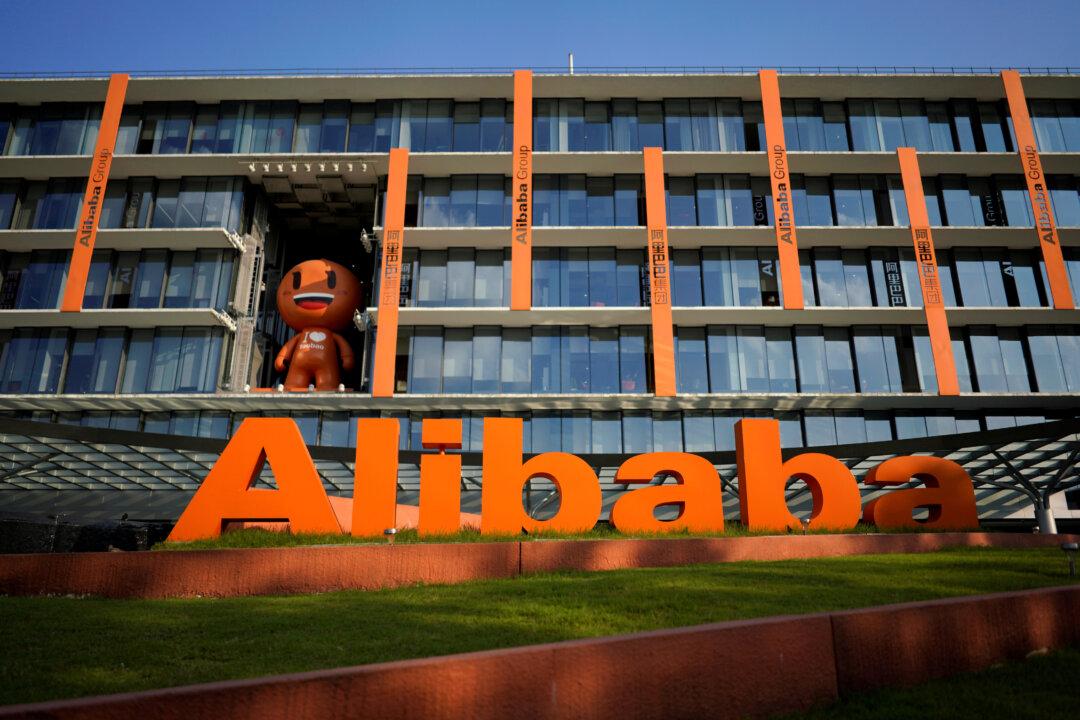China’s Alibaba Group Holding Ltd lowered its full-year sales forecast on Nov. 2 due to concerns about the economic impact of a U.S.-China trade spat, which the company expects will dent revenue ahead of its top sale season.
Asia’s most valuable public company said it will cut its full-year revenue forecast to between 375 billion and 383 billion yuan ($54.4-$55.6 billion), a 4-6 percent drop, while sales growth in its core commerce business for the September quarter slowed to its lowest rate since 2016.





